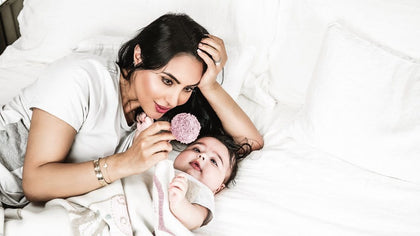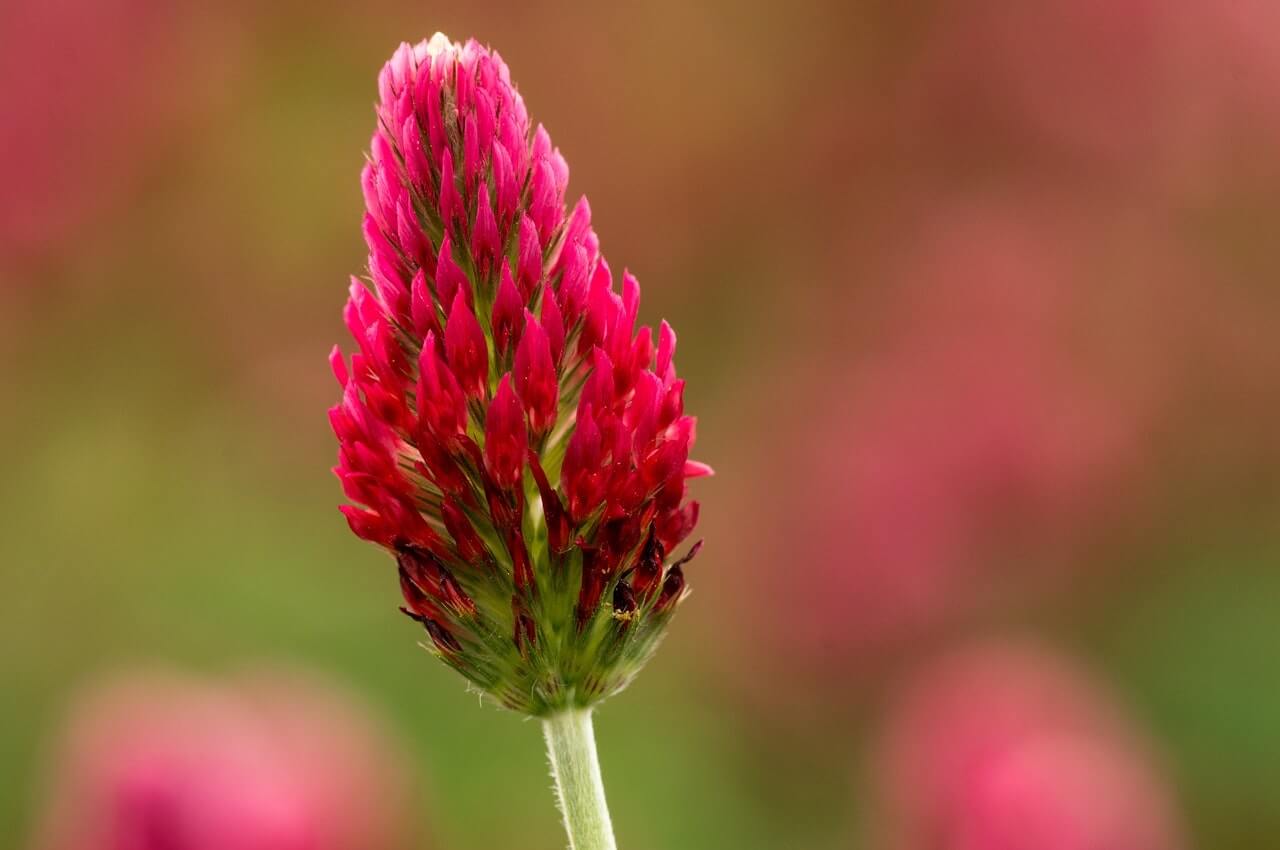Hair loss, also known as alopecia, affects millions of women every year. Stress, illness, inadequate nutrition, hormonal changes, injuries, surgeries and medication are just some of the many issues that can cause women to experience thinning hair or disappear in certain regions.
Female hair loss can interfere with a woman’s confidence and self-esteem in more ways than one. Although it can feel isolating, thinning hair is something many women have in common — even women in the public eye. We sat down with Shila from @shibyshila, who generously shared her hair loss journey with us.
#include-related-slider#
1. Tell us a little bit about yourself.
I am a beauty blogger turned beauty/mommy blogger and you can find me at Shi by Shila. I love traveling and sharing my finds with my social family. I have two boys, and a Maltese pup, they are my everything.
Also: How Long Does Postpartum Hair Loss Last?
2. When did you start experiencing hair loss?
Four months after my first baby was born, and it lasted almost a year. Three months after my second baby was born and I am still going through it. The second time around is much worse I feel. I am losing a lot more hair and it's not pretty.
Read: When Does Postpartum Hair Loss Typically Start?
3. How did it make you feel?
As women, I think we associate our hair with our sexuality, sensuality, and beauty. When I started seeing my thinning hair and then losing so much of it, it made me feel less attractive, sad to the point that it made me cry while cleaning the brush pulling handfuls of hair over and over.
Also: Can You Take Prenatal Vitamins for Hair Growth If You're Not Pregnant?
4. Why do you think hair loss affects women so emotionally?
I would like to blame hormones. Strictly postpartum speaking, we go through an emotional rollercoaster after giving birth, now add sleepless nights, the stress of breastfeeding, baby in NICU, and so much more. All of that adds up and as humans man or woman, we can only handle so much. The stress, hormonal imbalance and hair loss, can make a new mom very emotional.
Read: Can an IUD Cause Hair Loss? An OB/GYN Explains
5. How do you feel about your hair now?
It is not as vibrant and full as it once was before. But working on it. I am getting myself more educated about the cause and effect and trying to find more homoeopathic products to treat the hair loss.
6. How did you discover Vegamour?
I started noticing some hair loss in my eyebrows right after I tried microblading. I was pregnant at the time and hormones played a huge role in hair loss. Five months postpartum in the hopes that it was all just hormones and it will grow back, I still saw the small balding area in my eyebrows. I was devastated, it was around this time that I started using GRO Brow Serum and GRO Lash Serum by VEGAMOUR.
I am a skincare enthusiast and I know that to see true results one needs to be consistent and actually follow the direction of how to use the product to be most effective. I used both products every night before bed and first thing in the morning after I applied my face cream. I started seeing results after one month. I am in my third month of being a VegaGal 🙂 and I can truthfully and wholeheartedly say I am grateful I found Vegamour. The balding areas have disappeared and now is full of hair that is still growing and getting stronger and my lashes are on a whole new level of being glamorous.
Also: What You Should Know About Hair Loss Due to PCOS
7. What would you tell women experiencing hair loss today?
You are not alone. There are solutions as simple as being more gentle to your hair by not using tight hair ties, pulling the hair back too much. Masking your hair, and well-balanced nutrition. And above all, remember that you are more than your hair. Let your beauty and confidence shine through.
If you or someone you know struggles with hair loss, we recommend finding a dermatologist who specializes in alopecia so they can help get to the root of the problem and suggest appropriate solutions. Finding the root of the problem can make treatment much less scary and you will be able to see results that much sooner. Remember, you’re not alone in the fight against hair loss.
More From VEGAMOUR
- How One Mother Tackled Postpartum Hair
- Why Some People Lose Hair After Surgery
- Is It Safe to Take Prenatal Vitamins for Hair Growth If You're Not Pregnant?



















